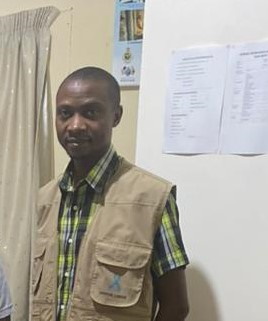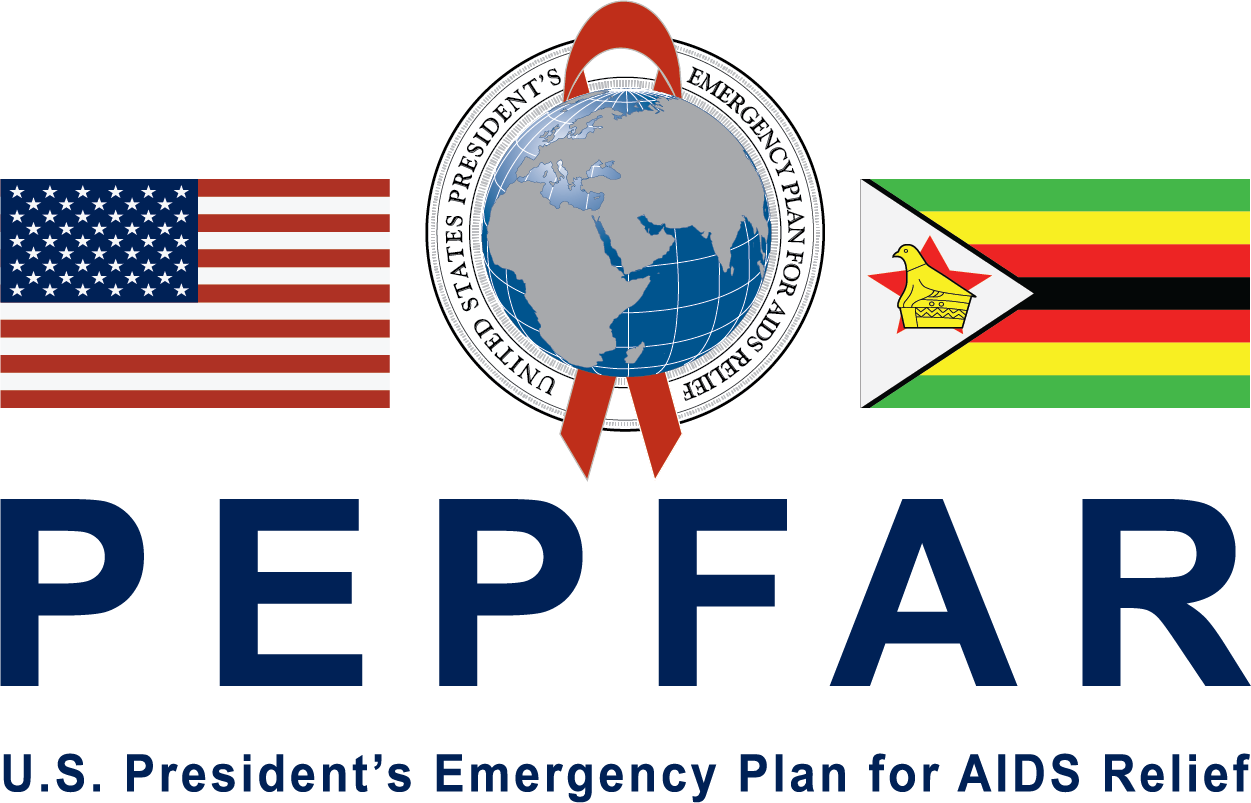About this Course
Overview of How to Be a QI Coach Training
This course consists of six sessions that follow the steps of a QI project and provide guidance to you in your role as a coach working with facility teams. The sessions are presented in a specific sequence; we recommend you proceed through each session in order. Afterwards, you can revisit sessions, or segments of sessions, as desired.
You may have received QI training in the past. If so, this training will serve as a refresher for you. It will help you to expand your understanding of QI concepts, and to put what you have learned into the context of your day-to-day work. If this is your first QI training, you may wish to first review the QI basics video, Applying the Model for Improvement in Your Work. The sessions here will add to your basic understanding of QI concepts and theory, and show you how to apply them in your role as a QI coach.
Applying the Model for Improvement in Your Work
There are a few references in the sessions to ‘LARC’ or the clinic-laboratory interface (CLI) initiative. For those not familiar, LARC refers to the Laboratory African Regional Collaborative. They have provided training and mentorship for the Ministry of Health and Child Care CLI to help scale up viral load monitoring in Zimbabwe. You can read more about LARC and their work at larccqi.org. In this training we have shared some of the LARC’s tools, as well as tools from Zim-TTECH, I-TECH, and other sources.
Course Aim and Objectives
The aim of this course is to build your skills to help you successfully coach your QI teams, and to help make QI coaching a rewarding aspect of your work.
By the end of this course, you will be able to:
- Demonstrate effective coaching skills in facilitating the establishment and ongoing activities of a QI team.
- Access available QI tools and provide them to your QI team as needed.
- Build expertise and demonstrate how to provide quality health services to recipients of care in a well-structured manner.
- Infuse your enthusiasm for QI throughout your work in health care.
Session Outline
Session 1: Introduction to Quality Improvement Coaching
Session 2: First Steps in Quality Improvement Coaching
Session 3: How to Coach on Setting Aims and Measures
Session 4: How to Coach on Problem Analysis
Session 5: How to Coach on Generating Ideas for Change and Testing Ideas with PDSA
Session 6: How to Coach on Sustaining Gains
Course Material and Structure
All of the learning materials for this course have been loaded on your tablet, so you will not need an internet connection. These learning activities and quizzes are very valuable - please ensure that you have time to thoughtfully complete each session's activities. You will also be provided with a hard copy workbook, in which to fill in answers and take notes. If you were not given a workbook, it is available to download and print. Additional resources are included at the end of each session on the tablet, as well as in the resource section.
Note that there are some diagrams that may be easier to read if you rotate your tablet for landscape view.
You will need about 1–2 hours to complete all of the learning activities for each session. Short pre- and post-tests are included with each session. These are for your use only; you will not be turning them in. However, you can use them to identify content areas that you may need to review further.
Remember to have your workbook and a pen or pencil handy as you go through the session activities.
Quality Improvement Expert Coaches
Throughout the training you will hear from experienced QI coaches, who will share information, tips and inspiration. We would like to thank all of these coaches for providing their wisdom and motivation (listed in order of appearance):











Learning Activities
Each session page has learning activities for you to complete. The types of learning activities you will encounter are as follows:
Instructions for Responding to Questions
The case studies and quizzes use a few different types of questions. You will see multiple choice, true/false, matching, and open-ended questions that ask you to write your responses in your workbook. All of the questions include feedback on the tablet. After you select your answer, click on the ‘Show Feedback’ button to find out whether your answers match those of our experts, and to read important additional information. When you are asked to write your response in your workbook, you will be able to see how one of our expert coaches has responded by clicking the ‘Show Feedback’ button.
We suggest that you keep track of your scores on the pre-test and compare them with your post test scores to see your improvement and note areas you should review further.
If you need assistance: Contact your QI officer or your supervisor.
Acknowledgements
The United States President’s Emergency Plan for AIDS Relief (PEPFAR), through the International Training and Education Center for Health (I-TECH), has provided financial support for the development of this material.



